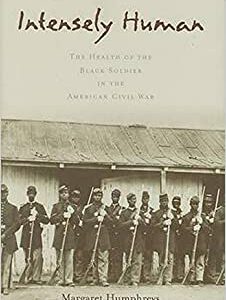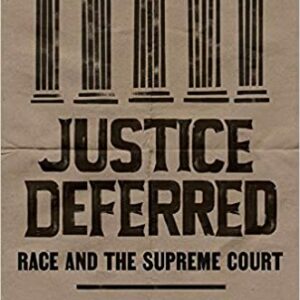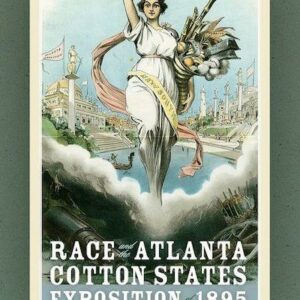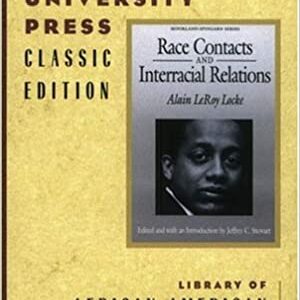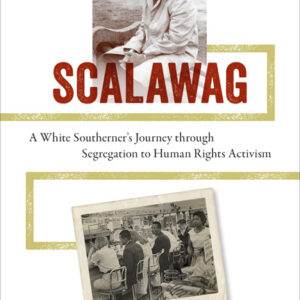
Fighting and Writing: The Rhodesian Army at War and Postwar
By Luise White (NHC Fellow, 1993–94; 2016–17) In Fighting and Writing Luise White brings the force of her historical insight to bear on the many war memoirs published by white soldiers who fought for Rhodesia during the 1964–1979 Zimbabwean liberation struggle. In the memoirs of white soldiers fighting to defend white minority rule in Africa long after … Continued
